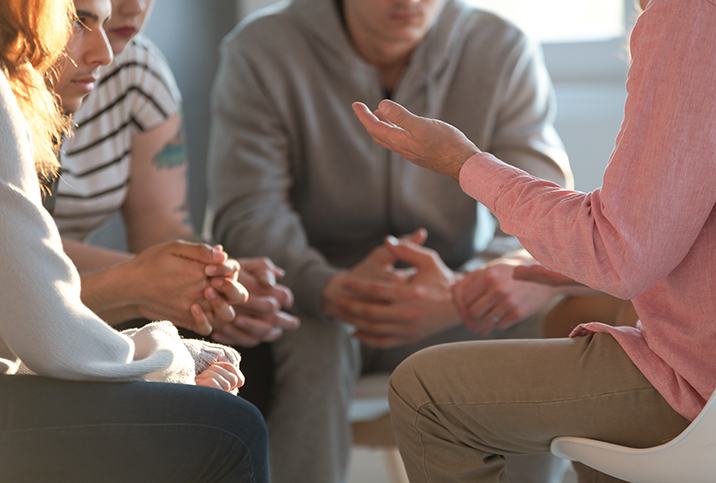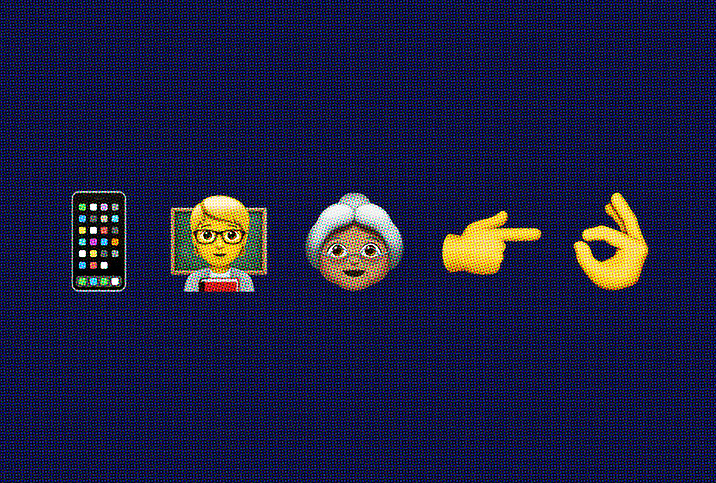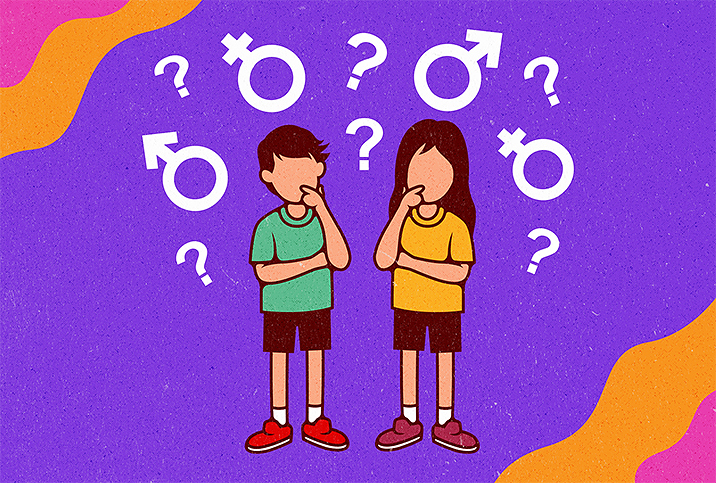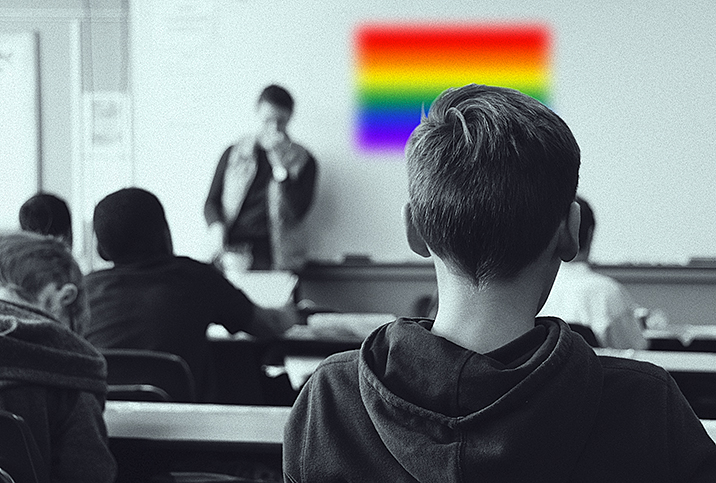What I Wish I'd Been Taught About Sex When I Was Younger

For sex and relationship therapist Elle Hawkins (hir/ze), all the lessons come in the form of a book.
Hawkins wishes ze had a time-traveling device to send the book "Come As You Are: The Surprising New Science That Will Transform Your Sex Life," by Emily Nagoski, to hir younger self and all hir friends.
"This message here is that there is actually no such thing as normal," Hawkins explained. "The more you're trying to be normal, the more you're not listening to your body, the more you're trying to perform. So let go of the idea about what is normal and what I should be around sex and sexuality, and slow down and check in with my body and say, 'This is what I am interested in,' and that is enough."
Refusing to be shamed
The abstinence-only education ze received growing up in Florida focused solely on the risks associated with sex and sexuality, leaving gaps of critical misinformation.
"They would make it seem like it's impossible to have sex without getting an STI," Hawkins said. "Not only that, but they would have discussions around sex and sexuality where they would pass around a rose and have everyone pluck a petal from it. And then they'd say this is what happens every time you have sex and hold up this broken and bald stem. 'This is you after having sex.' This shame and fear embedding our education only caused more harm than good."
'Sexuality is not something we are given space and permission to talk about or given room to explore. As a teenager or young adult, we are not given direction to know ourselves.'
Hawkins noted a very common theme: Across the gender spectrum, most students' education does not include getting to know their body and what feels good to them.
"All that we learn as we grow up is what we see, and so we try to emulate what we see," Hawkins said. "Sexuality is not something we are given space and permission to talk about or given room to explore. As a teenager or young adult, we are not given direction to know ourselves. We literally grow up and then we perform. Like, I saw this in porn or I saw this on TV or in the movies. This is what someone on the bus in middle school told me. So we're piecing it together and saying, 'This must be how I do sex.'"
The subliminal expectations
Our individual upbringing can cause issues around how we view sex. Tameca Dove, a sex psychotherapist, said religious upbringing can cause clients at her practice to have guilt or shame around sex, masturbation and other normal sexual things that adults do.
Growing up Christian in the Midwest herself, Dove recalled, "I remember as a kid seeing billboards that said real men don't use porn. I remember I saw it as a kid and went, 'Like, what?' I was too young, I didn't know the meaning of those ads."
And it's not just shame that such upbringings teach: Young girls especially are imprinted with rigid standards of how to dress and appear in order to uphold a sense of purity. For Dove, this started with a fellowship member at church.
'The subconscious message you're getting as a woman is that your sex is for someone else and not for you.'
"She would tell me I should not wear a certain kind of lipstick or [to change] what I was wearing," Dove said, explaining that those pressures are indicative of a broader belief system: "As a woman, you're often told, 'Oh, you need to stay a virgin, you need to stay pure for your husband,' and then men aren't held to the same standards. The subconscious message you're getting as a woman is that your sex is for someone else and not for you."
If she could go back in time, Dove said, "I would teach my younger self that [sex] is not bad—that it's liberating. It is one way to deeply connect with someone you love and you have the power. You have the power."
Let's get radical
In the context of modern perceptions of sex, owning up to your sexuality and capacity for pleasure are radical acts. But they don't have to be. Getting to know yourself sexually and learning to pursue pleasure should be an intuitive, normal part of the human experience.
"I would love to see people at a pretty young age being taught how to breathe, how to check in with their bodies, how to know when they're carrying tension and what does that mean," Hawkins explained. "If I'm checking in with myself and I'm feeling tense, maybe there is something about a situation that doesn't feel good to me. I need to know what I can do to help myself feel safer and feel good. We need to be able to know our own body, our own pleasure, and then we can authentically show up in front of someone and say, 'This is what I like right now, this is what I don't like right now and I want to hear what you'd like right now.'"
By coming to terms with their own sexuality in authentic ways, Hawkins has found hir clients have also been able to improve other aspects of their life.


















